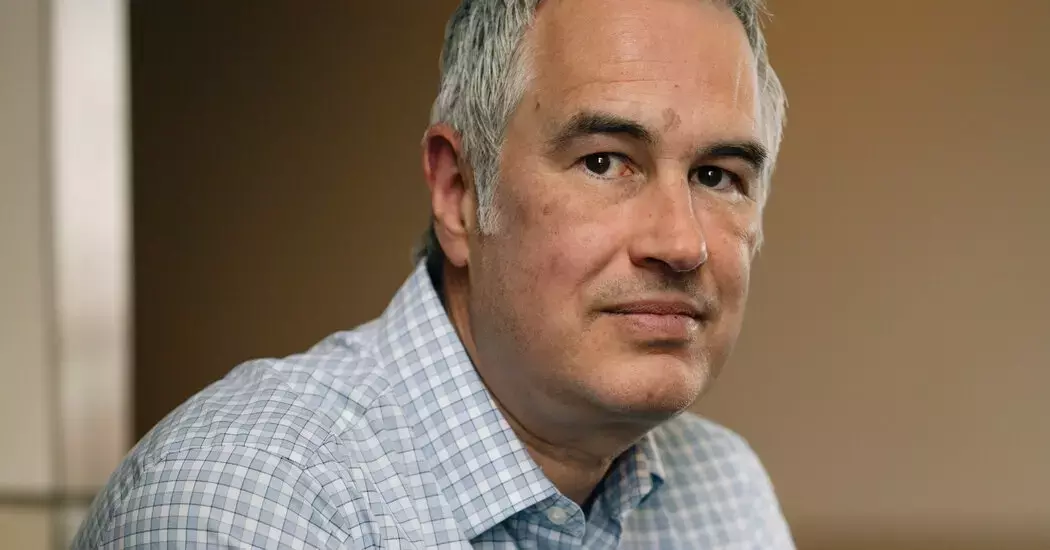
A prominent nutrition scientist, Kevin Hall, has decided to retire early due to censorship and control over his research under the current administration. His work, focusing on ultraprocessed foods, has been pivotal in linking such diets to chronic health conditions. Despite hopes for more freedom under Robert F. Kennedy Jr., Hall encountered restrictions affecting both communication of his findings and potential future study designs. This situation not only impacts Hall's career but also raises broader concerns about scientific integrity within governmental research.
Hall’s departure signifies a significant loss for the field of diet-related chronic disease research. Esteemed experts worry that this setback might hinder advancements in understanding how processed foods influence public health, potentially delaying crucial interventions against diabetes and obesity.
The Impact of Administrative Restrictions on Scientific Freedom
Kevin Hall's premature retirement highlights the challenges faced by researchers when administrative constraints interfere with their work. The environment under which Hall operated saw limitations placed on disseminating critical findings about ultraprocessed foods, thus undermining the transparency expected in scientific discourse. These barriers extend beyond mere communication issues, posing risks to the autonomy of designing unbiased studies.
Hall expressed concerns over being unable to discuss results freely, particularly those that could challenge prevailing views held by influential figures like Robert F. Kennedy Jr. Such censorship affects not just individual careers but also the broader scientific community reliant on open dialogue and unfiltered data sharing. By limiting discussions around contentious topics, there is a risk of stifling innovation and progress in addressing pressing public health issues tied to dietary habits.
Consequences for Public Health Research and Beyond
Dr. Hall's decision to step down carries profound implications for ongoing efforts to combat diet-induced chronic diseases. Experts in the field lament the loss of such a dedicated researcher whose contributions have significantly advanced knowledge about the dangers of ultraprocessed foods. This development underscores the necessity of fostering an environment where science can flourish without undue political interference.
Tufts University's Dr. Dariush Mozaffarian emphasized the detrimental effects of losing key contributors like Hall. His absence leaves a void in cutting-edge nutritional research aimed at combating widespread health problems such as type 2 diabetes and obesity. Furthermore, it serves as a cautionary tale regarding the importance of protecting academic freedom so that vital discoveries continue benefiting society through evidence-based policy making and effective public health strategies. Ensuring scientists maintain the ability to explore controversial subjects openly remains essential for meaningful advancements in this domain.
